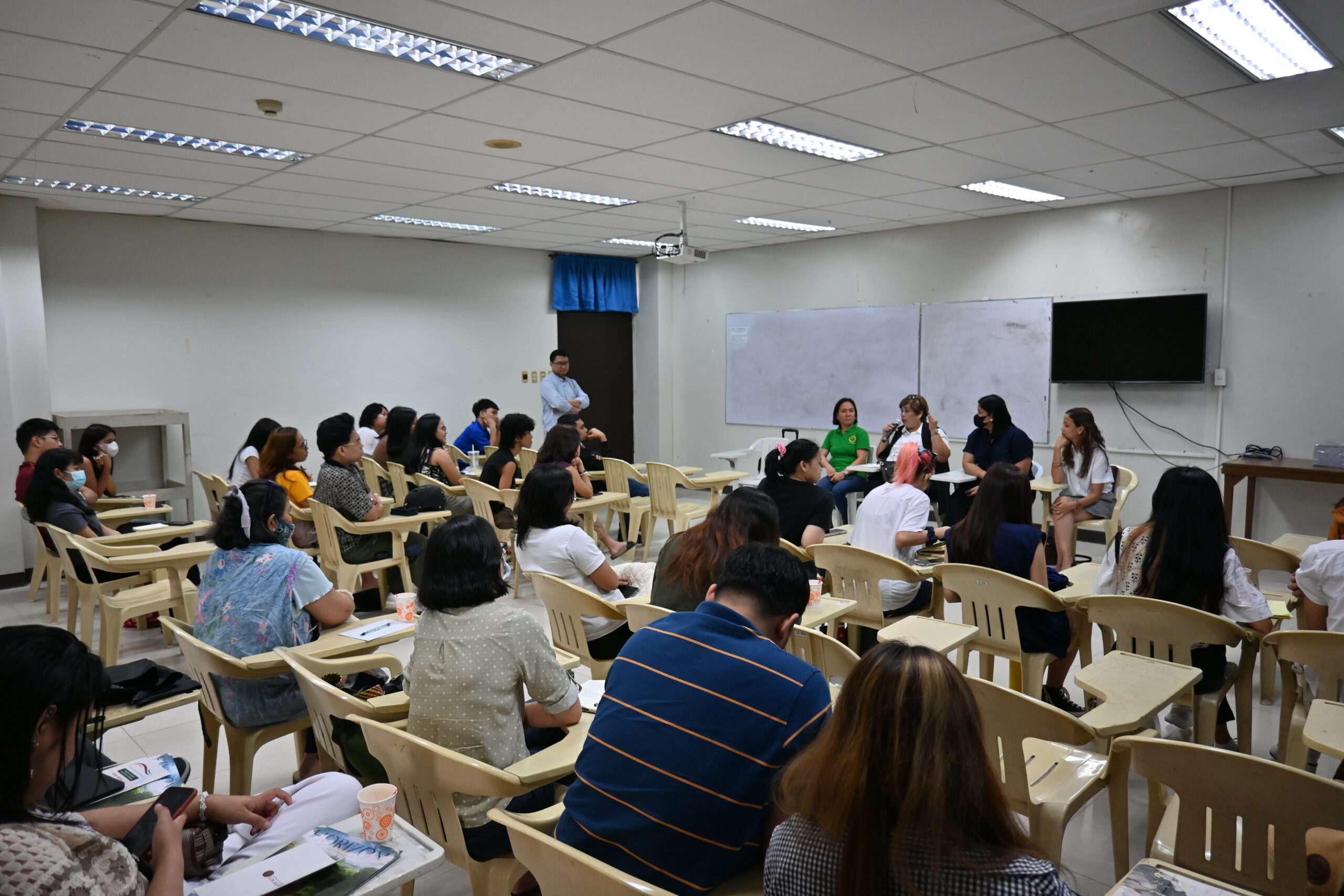
This program will focus on mainstreaming the importance of culture in achieving human and social development in local government units, non-government organizations, schools, and communities. This program is rooted in ensuring that culture becomes a fundamental component of sustainable development. According to UNESCO, “Through tangible and intangible heritage, creative industries, and various forms of artistic expressions, culture is a powerful contributor to economic development, social stability, and environmental protection.”[1] The Culture for Development Program aims to provide capacity-building and knowledge dissemination for the different sectors hoping that they would see culture as “precisely the medium through which individuals express their ability to fulfill themselves and is, therefore, an integral part of development.”
Program Objectives
The Culture for Development Program’s main objectives are as follows:
- Create and disseminate capacity-building programs (synchronous and asynchronous) that LGUs, NGOs, schools, and communities can avail and access for them to develop cultural sensitivity and culture-based governance practices
- Disseminate tools, frameworks, and practices that individuals and organizations can use to ensure cultural sensitivity through policy notes, accessible knowledge products, and cultural education initiatives
- Support LGUs, NGOs, schools, and communities in establishing sustainable culturally sensitive development programs
Program Sub-components
The Culture for Development Program is composed of three sub-components that emphasize the importance of culture for development:
Sub-component 1: Cultural Sensitivity Training
The Cultural Sensitivity Training aims to capacitate LGUs, NGOs, schools, and communities in becoming culturally competent to have knowledge, skills, attitudes, and values that will promote harmonious relations with people of all cultures. This training will be composed of different activities aimed at introducing the landscapes and diversity of peoples and cultures in the Philippines, providing some guidelines for improving cultural competence, and promoting ethical relations with different cultural communities in the Philippines, especially with Indigenous Peoples (IPs).
Sub-component 2: Culture-based Governance Training
In support of the need to mainstream the crucial role of culture in sustainable development, Culture-based Governance Training is aimed at increasing the competence of LGUs, NGOs, schools, and communities in crafting policies and programs that are aimed at sustainable development anchored on the importance of culture. These training sessions will introduce the participants to the nexus of culture and development, participatory planning for culture-based governance, and monitoring and assessing the impact of policies and plans for culture and development.
Sub-component 3: Indigenous Knowledge Systems and Practices (IKSP) and Cultural Education
The Indigenous Knowledge Systems and Practices (IKSP) and Cultural Education components aim to promote the importance of documenting and preserving various cultural communities' Indigenous Knowledge Systems and Practices (IKSP). Through the use of various anthropological research methods, this component is aimed at helping Indigenous Cultural Communities (ICCs), and IPs document their IKSP for cultural education and in processes related to their ancestral domain claims. Moreover, this component will support ICCs and IPs in creating culturally sensitive and localized learning materials and knowledge products they can use in their education programs. Other cultural communities can also be helped with documenting their IKSP for inventory and curation in their local museums.
Implementation Options
The Culture for Development Program can be availed through Full Training Service or Block Training Service.
For the Full Training Service: This option is a five-day training session that covers the three sub-components of the program. It is advisable for LGUs, NGOs, schools, and communities that are still beginning to acquaint themselves with culture-based development frameworks. The training will consist of a mix of synchronous and asynchronous learning sessions and will be supplemented by coaching sessions after the training.
For the Block Training Service: This option provides flexibility in selecting a subcomponent that best matches the context and logistical situation of the LGUs, NGOs, schools, and communities. Through this option, the training may be done by choosing just one subcomponent (which will be a minimum of 1.5 days) or prioritizing two subcomponents (which will be a minimum of 3 days) depending on the needs of the LGUs, NGOs, schools, and communities. The training will consist of a mix of synchronous and asynchronous learning sessions and will be supplemented by coaching sessions after the training.
Program Facilitators and Contact Details
The training facilitators will be anthropologists and faculty members of the Anthropology Cluster with extensive experience in doing cultural and development work with various settings and communities. The subcomponents of the Culture for Development Program are also part of the internship activities for the upcoming Master of Science in Applied Anthropology program of the Department of Social Sciences. For more information, you may contact the Anthropology cluster through Asst. Prof. Luigie Lursh G. Almojano at lgalmojano1@up.edu.ph.
[1] https://www.ehu.eus/documents/3120344/3356415/Culture_Development.pdf/837c2fac-4627-4a29-a21b-f41ddbf52ab2
